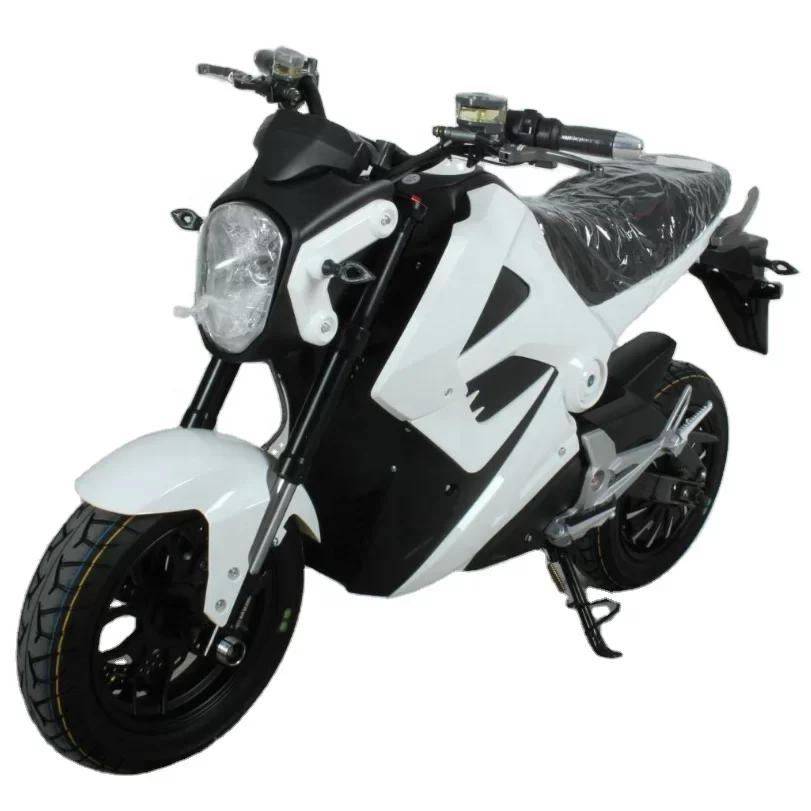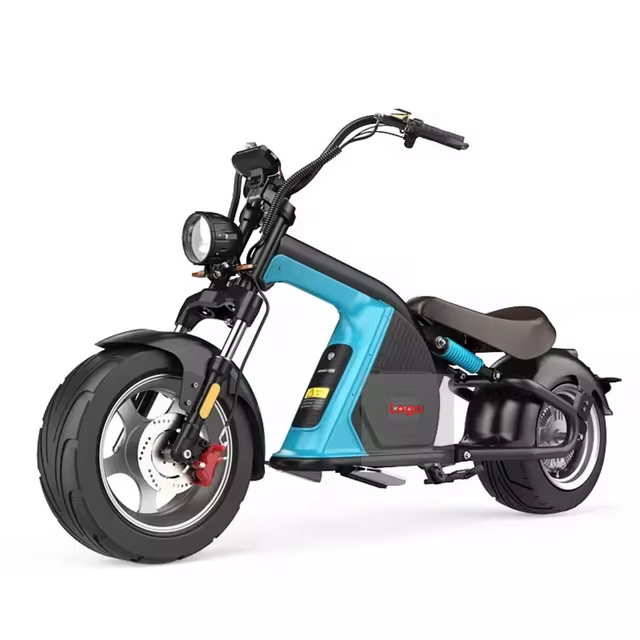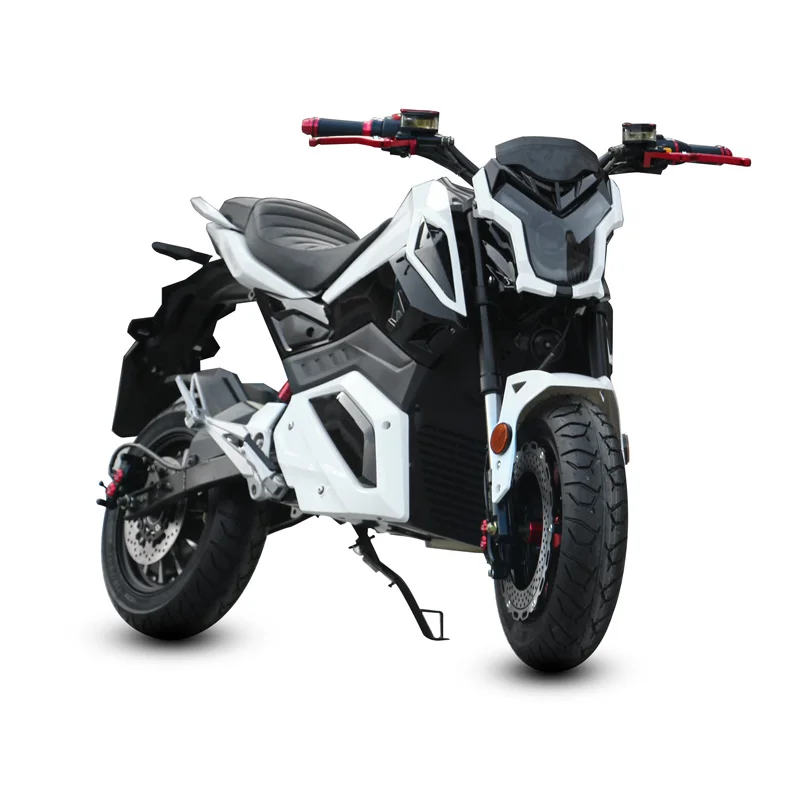Electric motorcycles are rapidly gaining popularity as a sustainable alternative to traditional fuel-powered bikes. With advancements in technology and increasing concerns about environmental impact, many riders are opting for electric motorcycles. If you’re contemplating making the switch or are just curious about the legal requirements, a common question arises: do you need a license plate for an electric motorcycle? In this article, we will cover multiple aspects surrounding electric motorcycle registration, legality, and more.
Understanding Electric Motorcycles
Before diving into the logistics of license plates, it’s crucial to understand what qualifies as an electric motorcycle. Electric motorcycles are two-wheeled vehicles powered entirely or primarily by an electric motor. They come in various forms: from high-performance sports bikes to cruising scooters, catering to a diverse audience.
Electric motorcycles are classified differently around the world, based on specifications such as top speed and engine equivalent. Generally, they can be categorized into three main classes:
Class 1: Limited-Speed Electric Bikes
These are often referred to as electric bicycles. They can typically reach speeds up to 20 mph on flat terrain. In many jurisdictions, Class 1 electric bikes may not require a driver’s license or a license plate, but this can vary by state or country.
Class 2: Throttle-Assisted Electric Bikes
Class 2 electric motorcycles can attain speeds of up to 28 mph. These vehicles usually require registration and may need a license plate, depending on regional laws.
Class 3: High-Performance Electric Motorcycles
These motorcycles can reach speeds well above 28 mph and often have specifications that align with traditional motorcycles. As a result, Class 3 electric motorcycles typically require a driver’s license, registration, and a license plate.
Understanding these classifications is essential when determining whether you need a license plate for an electric motorcycle, as the rules vary widely.
The Legal Landscape of Electric Motorcycles
In the United States, the legal framework governing electric motorcycles varies significantly from one state to another. Many states have updated their traffic laws to accommodate this emerging category of vehicles, often mimicking existing motorcycle regulations. Here are some key components that typically influence legal requirements:
Registration
Most states require electric motorcycles to be registered with the Department of Motor Vehicles (DMV) or its equivalent. Registration serves multiple purposes: it helps track vehicle ownership, ensures appropriate taxation, and guarantees that the vehicle complies with safety regulations.
License Plates
The necessity of a license plate often correlates with the registration of the motorcycle. In many places, if your electric motorcycle is classified as a motor vehicle (especially a Class 3 bike), you will likely need to obtain a license plate. This requirement typically ensures that riders can legally operate their vehicles on public roads.
Title and Insurance
Many regions also mandate that electric motorcycles have a title, which proves ownership. In addition, insurance is often a legal requirement for motor vehicles. Thus, electric motorcycle owners may have to secure appropriate coverage before riding legally on public streets.
State-Specific Regulations
The question of whether you need a license plate for an electric motorcycle really hinges on where you live. Here’s how some regions handle this situation:
California
In California, the laws governing electric motorcycles are extensive. Generally, if you own a Class 3 electric motorcycle, you will need to register it and obtain a license plate. California also has specific requirements for insurance and safety equipment.
Texas
Texas categorizes electric motorcycles similarly to traditional motorbikes. Therefore, if you own an electric motorcycle capable of operating at higher speeds, you’ll need a license plate. Registration is mandatory, and you’ll also need a motorcycle license to operate it legally.
New York
New York State requires that any electric motorcycle classified as a motorcycle obtain a title, registration, and license plates. Additionally, riders must hold a motorcycle license, regardless of the vehicle’s power source.
Florida
In Florida, the rules can be slightly less stringent. Electric scooters that fall under a specific speed threshold may not require registration or a license plate. However, once you cross those speed thresholds, the requirements align closely with those for traditional motorcycles.
International Regulations
The legal framework governing electric motorcycles is not exclusive to the United States. Countries like Canada and those in Europe have also established their own regulations. In many European countries, electric motorcycles are treated similarly to combustion-engine vehicles; thus, a license plate is required.
The Benefits of Licensing Your Electric Motorcycle
There are several reasons why securing a license plate for your electric motorcycle can be advantageous, even if you live in a jurisdiction where it’s not strictly required:
Legal Protection
Having a registered and licensed vehicle often provides protection under the law. If you are involved in an accident, your licensed electric motorcycle can offer legal safeguards and insurance benefits.
Peace of Mind
Knowing that your electric motorcycle is registered and has a license plate offers peace of mind. You won’t have to worry about potential legal ramifications if stopped by law enforcement.
Enhanced Resale Value
A fully registered and licensed electric motorcycle often has a higher resale value. Buyers are more likely to invest in a vehicle that has the proper paperwork.
Compliance with Local Laws
By registering and obtaining a license plate, you ensure that you are compliant with local laws, which could save you from fines or penalties.
 How to Register Your Electric Motorcycle
How to Register Your Electric Motorcycle
If you’ve decided to move forward with registering your electric motorcycle, here’s a step-by-step guide to help you through the process:
Step 1: Research Required Documents
Most states will require certain documentation to register your electric motorcycle, including:
- Proof of ownership (such as a bill of sale)
- Title documents
- Identification, like a driver’s license
- Proof of insurance
Step 2: Complete the Application
Most DMV offices will have a specific application for motorcycle registration. You can often find this information online and even fill it out in advance.
Step 3: Visit the DMV
Schedule a visit to your local DMV. It’s a good idea to make an appointment where possible. During your visit, you’ll submit the required documents and pay the registration fee.
Step 4: Obtain Your License Plates
Once registered, you will receive your license plates. Make sure to properly affix them to your motorcycle before hitting the road.
Embracing the Future of Transportation
As we confront the pressing issues of climate change and urban air quality, electric motorcycles offer a promising alternative to conventional transportation methods. They can reduce emissions, lower noise pollution, and often require less upkeep than gas-powered vehicles.
Whether you consider it an eco-friendly choice, a fun alternative means of transportation, or simply a new hobby, understanding the legal requirements is paramount. Ensuring that your electric motorcycle is registered and carries a valid license plate not only helps you avoid legal troubles but also enhances the overall riding experience.
Conclusion: license plate for an electric motorcycle
So, do you need a license plate for an electric motorcycle? The answer largely depends on your local laws and the classification of your electric motorcycle. While some states may allow for exceptions, most electric motorcycles, particularly Class 3 models, require registration and a license plate to operate legally. Navigating these regulations might seem daunting, but ensuring your compliance will lead to a smoother and more rewarding riding experience. The future of transportation is electric, and riding legally can only amplify the joy of this revolutionary journey.


